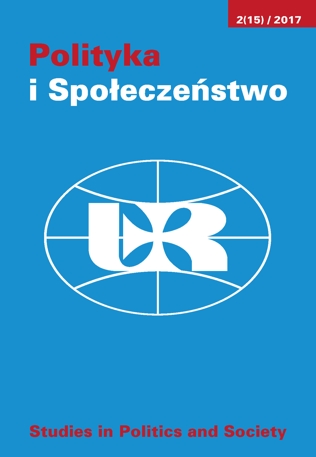Polskie projekty na rzecz wzmocnienia bezpieczeństwa energetycznego w Europe w myśli politycznej Prawa i Sprawiedliwości oraz platformy obywatelskiej
DOI:
https://doi.org/10.15584/polispol.2017.2.5Słowa kluczowe:
political thought, energy security, European Energy Security Treaty, Energy Union, Law and Justice, Civic PlatformAbstrakt
The article presents the concepts proposed in 2006 and in 2014 by the Polish political parties to enhance energy security in Europe (the idea of the European Energy Security Treaty and Energy Union) and determines the role of these proposals for the energy security of the member states of the European Union. Formulated by Polish political parties (Law and Justice, Civic Platform), the concepts for energy cooperation between the EU resulted from the comparable importance of energy in modern international relations. Politicians from both political parties were aware of the dependence of many countries of the European Union on energy supplies from the Russian Federation and the nature of the foreign policy pursued by Russia. Consequently, they indicated the need for close political cooperation, both with the importers and exporters of energy resources. In terms of political science analysis of this issue it is important from both the theoretical and practical point of view, as it relates to the determination of the essence of understanding by policy makers of changes taking place in Europe, as well as the distinction between the measures and actions taken to ensure energy security in the EU. The concepts proposed by the two political party’s resulted from the need to pursue an active foreign and energy policy. Nevertheless, clear assessment of the concept of Law and Justice and Civic Platform is difficult to determine.
Pobrania
Opublikowane
Jak cytować
Numer
Dział
Licencja

Utwór dostępny jest na licencji Creative Commons Uznanie autorstwa – Na tych samych warunkach 4.0 Miedzynarodowe.


